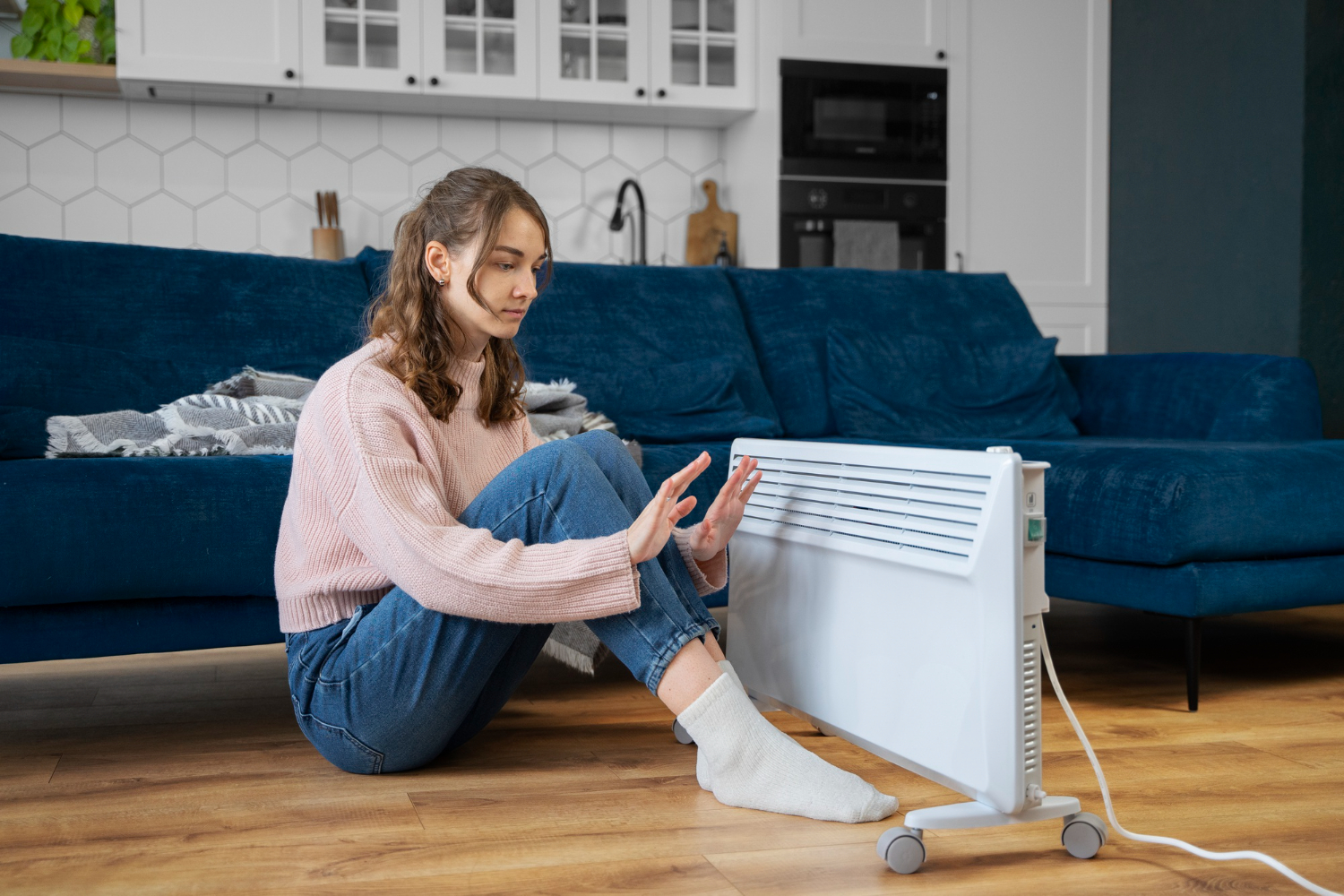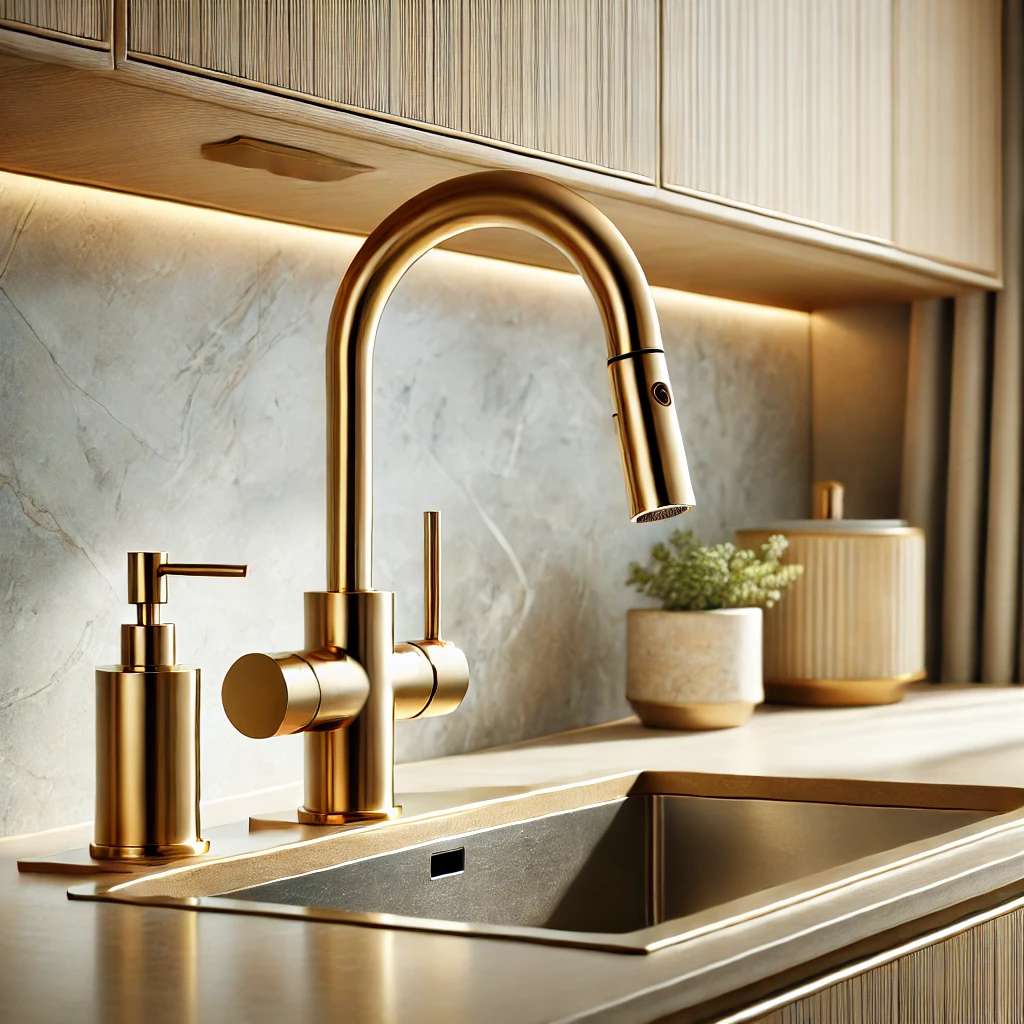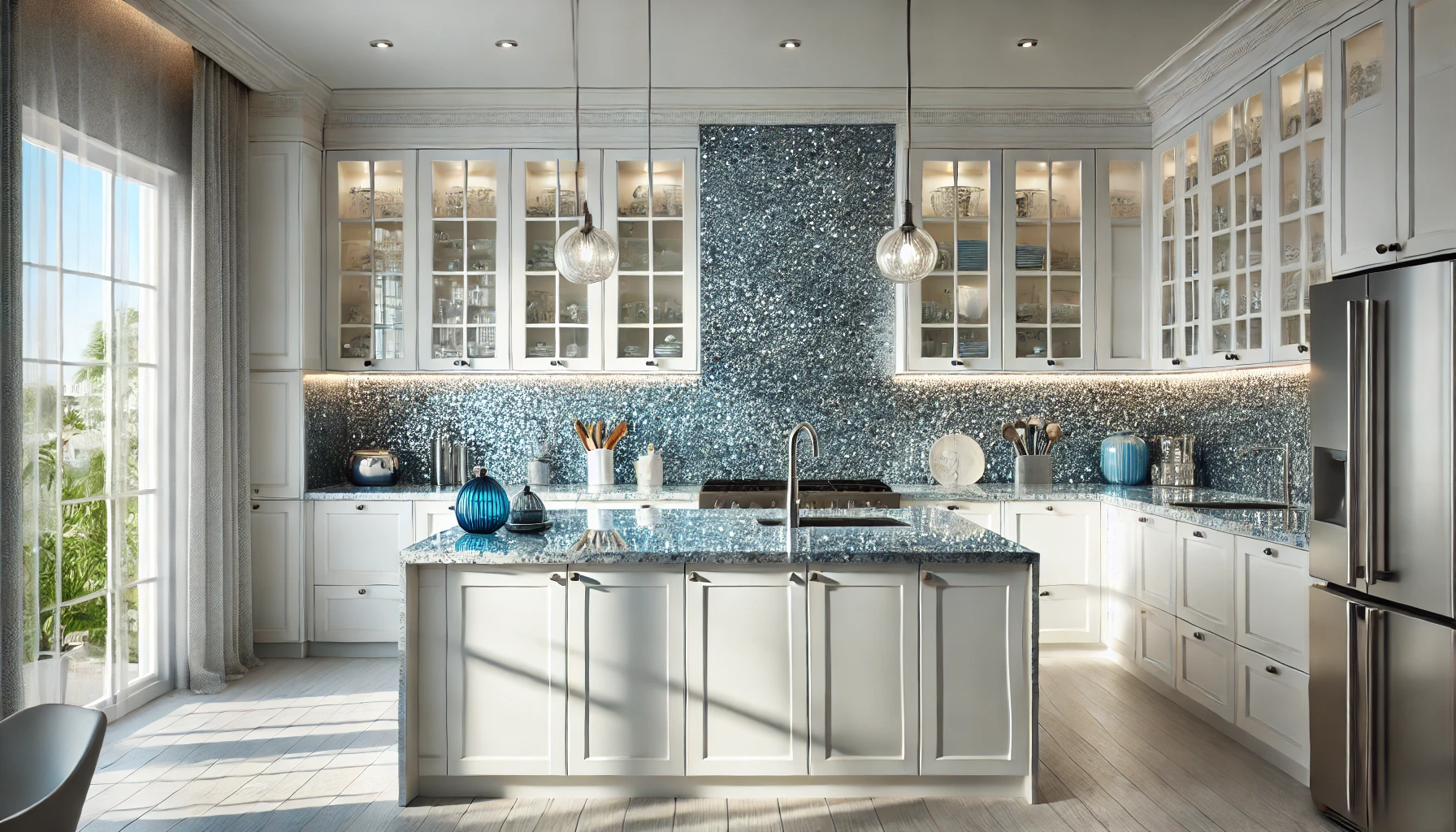Table of Contents
- Introduction to Home Cooling Solutions
- Choosing the Right AC System
- Energy Efficiency and Cost Savings
- Smart Home Integration
- Common Maintenance Tips
- Innovative Cooling Technologies
- Environmental Impact of Cooling Systems
- Conclusion
Introduction to Home Cooling Solutions
In today’s world, rising temperatures and unpredictable weather patterns make finding an efficient and effective method of home cooling a necessity rather than a luxury. The right cooling solution not only keeps living spaces comfortable during the sweltering months but also contributes to its occupants’ overall health and well-being. As global warming intensifies, tailored solutions that blend economic and environmental considerations become crucial.
For those dealing with the heat, selecting the appropriate air conditioning setup can vastly improve quality of life. This guide outlines practical advice, drawing on the latest cooling trends and technologies, without becoming a product pitch. It strives to balance informative content with insights that inspire informed decisions.
Choosing the Right AC System
The vast array of air conditioning systems available can initially seem daunting. Grasping the features and benefits of each type is essential when determining the best fit for your home. Central air conditioning systems, for example, are ideal for those seeking a uniform cooling effect throughout larger homes. These systems channel cooled air through ducts, offering minimal disruption and noise. Residents of areas prone to high temperatures, such as Denver, might consider professional services like AC Installation Denver, offering tailored solutions to meet their needs.
On the other hand, ductless mini-split systems are versatile and energy-efficient options, particularly for homes without existing ductwork. These systems allow individual room temperature control, optimizing comfort and energy use. When considering air conditioning solutions, analyzing factors such as room size, installation costs, and potential energy savings can guide you toward the optimal choice.
Factors to Consider:
- Space Size: Larger homes typically benefit from central air for consistent and seamless temperature control.
- Installation Costs: While initially more expensive, central systems may offer long-term savings over portable or window units.
- Energy Efficiency: Look for systems with a high SEER (Seasonal Energy Efficiency Ratio) rating, indicating more significant energy savings.
Energy Efficiency and Cost Savings
Energy efficiency comes into play when striking a balance between comfort and conservation. Homeowners can significantly reduce utility costs and carbon footprint by selecting units designed for optimal energy performance. For instance, units with high SEER ratings make more intelligent use of consumed energy, ensuring less waste and more savings over time.
During the decision-making process, it’s crucial to review features such as programmable thermostats, which automatically adjust settings based on your schedule, further reducing energy waste. For detailed information on enhancing energy efficiency in home cooling, the U.S. Department of Energy offers valuable insights, providing data and strategies for reducing costs and environmental impact.
Smart Home Integration
Integrating intelligent technology in home cooling systems adds a layer of convenience and control that elevates the living experience. These intelligent systems can be adjusted remotely via smartphone apps or integrated with popular virtual assistants like Amazon’s Alexa or Google’s Assistant, allowing intuitive, voice-activated commands.
Such systems provide convenience and enhance efficiency by learning your preferences and optimizing energy use accordingly. Imagine being able to set the perfect atmosphere right before you arrive home from a long day at work or adjust settings without leaving your couch. The transformative potential of intelligent technology is vast, as highlighted in an enlightening article from The Verge exploring the intersection of tech and comfort.
Common Maintenance Tips
Maintaining your air conditioning unit ensures it operates efficiently over its lifespan. Basic maintenance tasks like regularly cleaning or replacing filters will improve air quality and increase energy efficiency. Clogged or dirty filters force the system to work harder, leading to higher electricity bills and potential breakdowns.
Monthly checks on refrigerant levels and thermostat settings can further ensure your system’s effectiveness. Also, pay attention to the importance of scheduling routine professional maintenance. These check-ups can prevent minor issues from escalating into costly repairs, keeping your system running smoothly when needed.
Innovative Cooling Technologies
The cooling industry is witnessing a wave of innovative technologies to increase efficiency and reduce environmental impact. Solar-powered AC units, for example, leverage renewable energy to power cooling without increasing your carbon footprint. Alternatively, geothermal cooling systems utilize the earth’s constant underground temperatures for efficient and eco-friendly climate control.
Hybrid systems combine traditional air conditioning with cutting-edge features like heat pumps, offering a blend of efficiency and flexibility and further reducing operational costs. For homeowners with an eye on the future, staying informed about these technological advances is vital for creating a sustainable and comfortable living environment.
Environmental Impact of Cooling Systems
While air conditioning greatly enhances our comfort, it has long contributed to environmental concerns such as ozone depletion and increased carbon emissions. However, choosing energy-efficient systems and adopting conscientious usage habits can dramatically minimize these effects.
Opting for units that use environmentally friendly refrigerants and ensuring proper insulation and repair can go a long way in preserving our planet. As individuals and communities, making mindful cooling choices can contribute significantly to sustainability efforts, aligning with global initiatives for a greener future.
Conclusion
Finding the ideal home cooling solution necessitates a comprehensive evaluation of your needs, budget, and environmental goals. By leveraging the latest technologies and maintenance best practices, you can secure a cooling system that meets all these requirements, providing comfort and efficiency year-round.
Staying informed and proactive in your choices enhances your comfort and is crucial in protecting our planet. A thoughtful approach to home cooling today sets the stage for a cooler, more sustainable tomorrow.











Leave a Reply